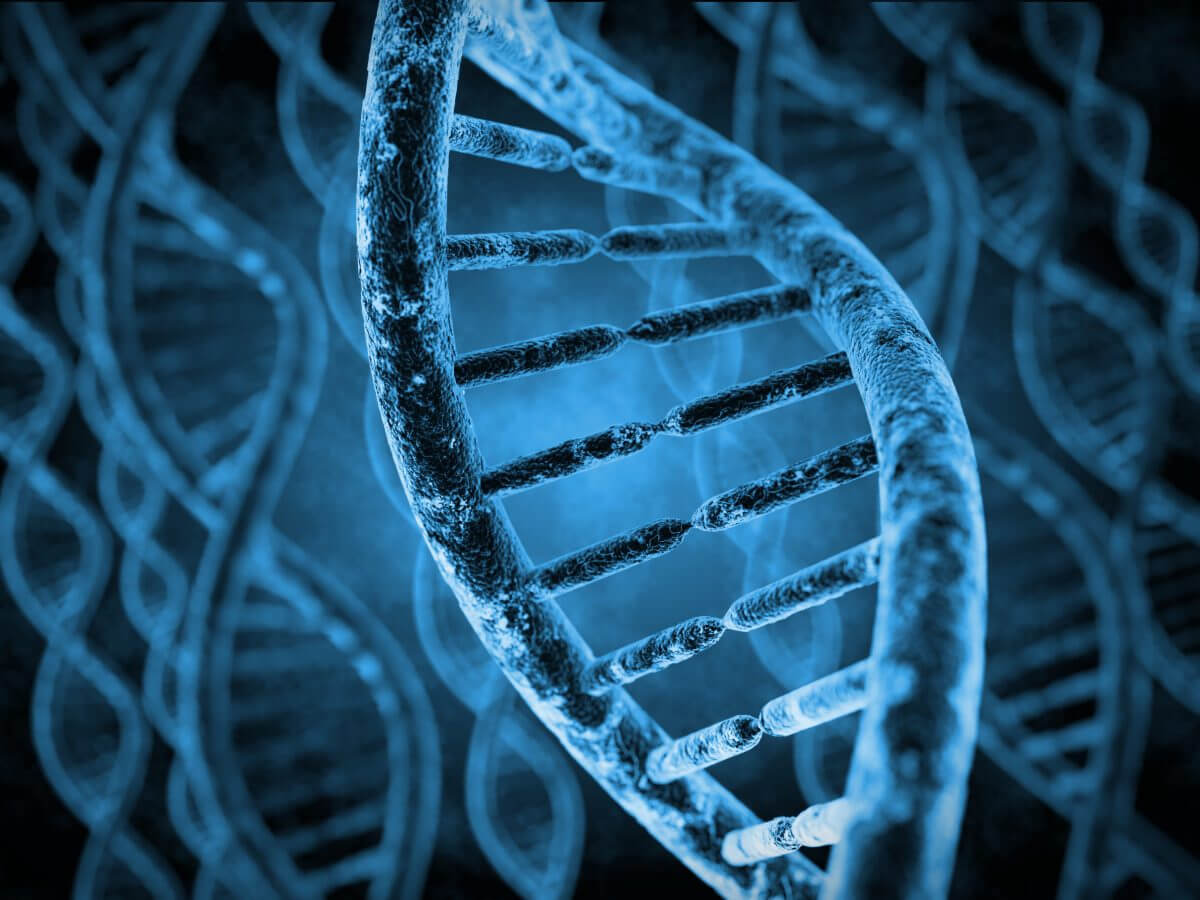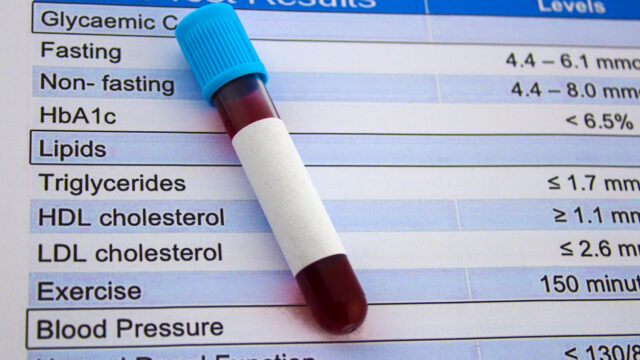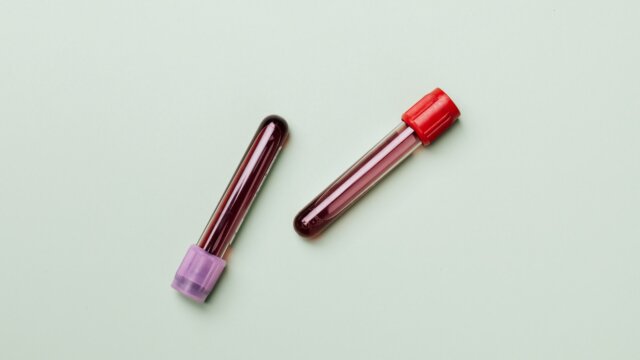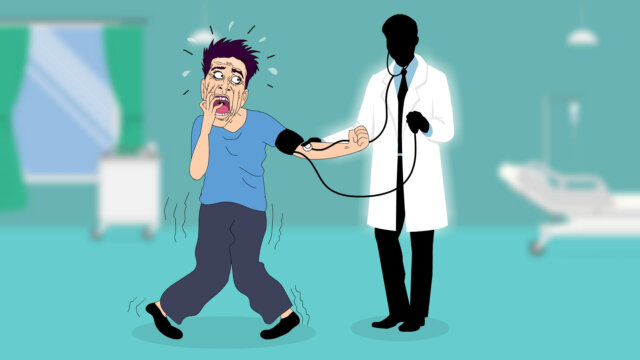FTC disclaimer: This post may contains affiliate links and we will be compensated if you click on a link and make a purchase.
Familial Hypercholesterolemia is an inherited condition that creates abnormally high levels of low-density lipoprotein (LDL) blood cholesterol.
This condition has an increased risk of contracting onset coronary artery disease before the age of 55. This is an ailment that takes the form of a mutation that occurs to genes.
What does Familial Hypercholesterolemia mean?
The “Familial” part of Familial Hypercholesterolemia means it runs in families and can be passed to their children through genes.
Moreover, “Hyper” in Hypercholesterolemia means very high, and the last part, “cholesterolemia,” means cholesterol in the blood.
How Familial Hypercholesterolemia Develops
Cholesterol can travel to cells through the bloodstream within low-density lipoproteins; when they reach the cell that requires maintenance, they attach to receptors that absorb the cholesterol particles.
The LDLR gene controls the receptors’ production; Familial Hypercholesterolemia is the mutation of this gene that affects the receptors’ development.
This causes LDL cholesterol not to absorb properly, creating excessive circulation through the blood. This increases the risk of heart disease and stroke.
It is estimated that more than 6 lakhs Americans are affected by Familial Hypercholesterolemia. Also, one out of 500 people has a chance of getting Familial Hypercholesterolemia.
Signs and Symptoms of Familial Hypercholesterolemia
High blood cholesterol does not always show symptoms, but the following are indicators of having this condition:
- Family history of having this disorder
- Early age heart attacks within the family
- High LDL cholesterol levels that resist treatment in parents
- Having high blood cholesterol levels
- Chest pain due to narrowed arteries
- Experienced a heart attack early in life
- Inheritance of the Mutated Gene
If one of your parents has a mutated gene, then it is fairly likely that you will inherit this malformation.
Having one mutated gene greatly increases your risk for both early coronary artery disease and heart attacks.
Suppose your parents each have a mutated gene, then there is a slight chance that you will inherit two mutated genes. This resolves a high chance of heart disease even with medical intervention.
Familial Hypercholesterolemia Test
Many people don’t know that they are having Familial Hypercholesterolemia. Instead, they (and their doctors) often think they have high cholesterol, which is difficult to treat.
Your doctor might check the below details if you are suffering from Familial Hypercholesterolemia.
- Total cholesterol above 300 mg/dL (above 250 mg/dL in children)
- LDL cholesterol level above 200 mg/dL (above 150 mg/dL in children)
- Immediate family member (a father or brother under age 55, a mother or sister under age 65) having early heart disease or very high cholesterol.
- Deposition of cholesterol in the Achilles or other tendons.
Familial Hypercholesterolemia Treatment
There is no cure for Familial Hypercholesterolemia, but there are ways to reduce heart disease and stroke risk.
Dietary changes are a must; reducing the intake of saturated and trans fats will reduce additional LDL cholesterol from entering your system.
Increasing fiber intake helps dispose of cholesterol in the digestive system. Plant sterols are good for lowering cholesterol and can be gained by consuming rice, corn, nuts, and vegetable oils.
Regular exercise brings down cholesterol; 30 minutes a day for 5 days a week is a good benchmark.
Supplements such as omega-3 fish oils and red yeast rice have LDL cholesterol-lowering benefits, and some will raise high-density lipoproteins, which helps remove LDL cholesterol.
Check with your doctor before taking any supplements.








